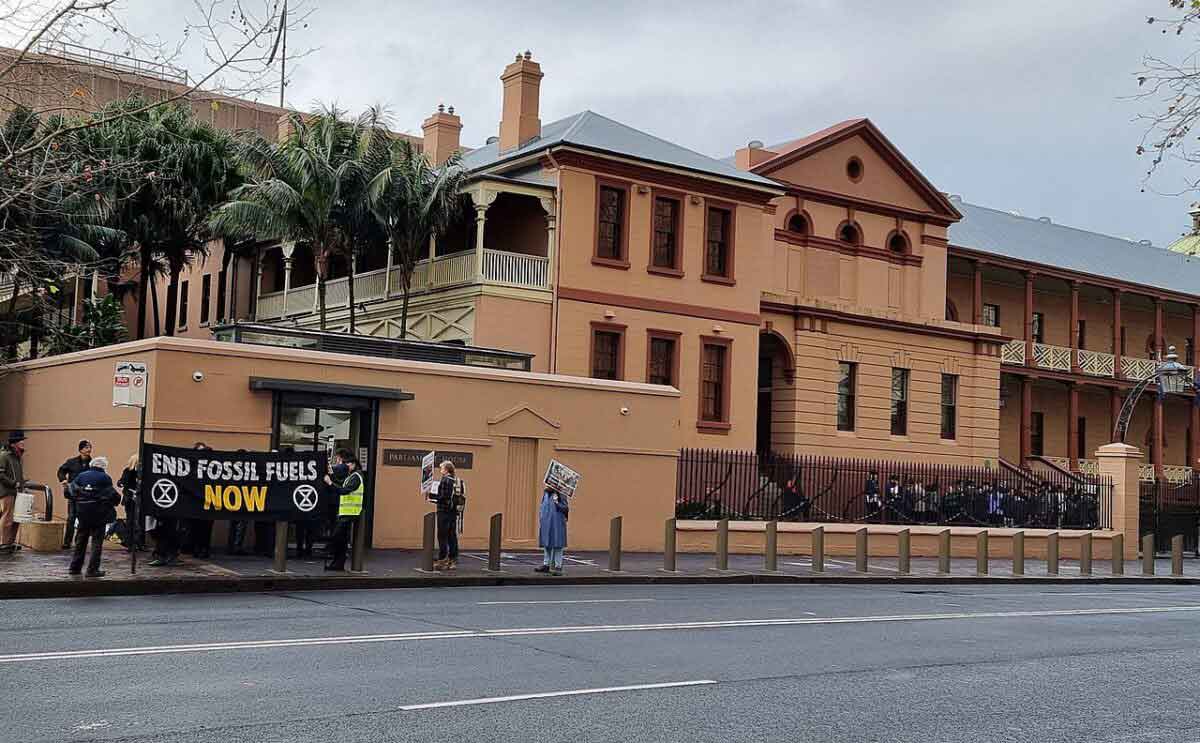Does protesting cause damage and disruption?
On 1 April 2022, the Roads and Crimes Legislation Amendment Bill 2022 was assented to in the NSW Parliament. It was proposed and passed into the NSW parliament for the purposes of addressing individuals who cause damage or disruption to “major roads”, or “major public facilities” as stated under the amendment. Section 214A(1) of the amendment of the Crimes Act 1900 outlines that the maximum penalty forms a 200-penalty unit ($22000) fine and/or imprisonment for 2 years if the conduct satisfies “damage or disruption” that:
(b) “disrupts or obstructs” the use of the major facility, or
(c) causes a major facility to “be closed”, or
(d) causes the use of a major facility “to be redirected”.
Further, the preceding subsections (3), (4), (6) explicitly outline accepted conduct under law, if:
- the conduct is “industrial” by nature,
- the conduct occurs within the premises of the workplace, or
- if given consent or authority by “the NSW Police Force”, “another public authority”, or owner or operation of a privately owned facility, respectively
This is significant as conduct that does not satisfy the above subsections will put the offending individual liable for the penalty. Subsection (2) provides a form of defence for individuals outside the scope of (3), (4), and (6), however, the alleged offender must argue a “reasonable excuse” for the conduct, a broader ruling to the contrary. Therefore, due to the broad concept outside the scope of subsections (3), (4), and (6), it must be presumed that future common law precedent must be established to determine the degree of:
- “Serious disruption or obstruction” of the use of a major facility,
- “Damage or disruption” to a major facility that will cause it “to be closed”,
- “Damage or disruption” that satisfies the use of a major facility “to be redirected”, and
- The scope of “reasonable excuse” for the conduct.
To establish offence under the amendments
However, court proceedings must take place in court for a common-law precedent to be established and it may draw a number of judgments from judges before precedent accepted by the court is held or another statutory amendment takes place.
The amendment re-establishes the exercise of liberty for conducts that do not satisfy subsections (3), (4), (6), though, it may consequently lessen the frequency of adverse protesting that causes a disruption of public order satisfying the purpose of the passing of the bill.

